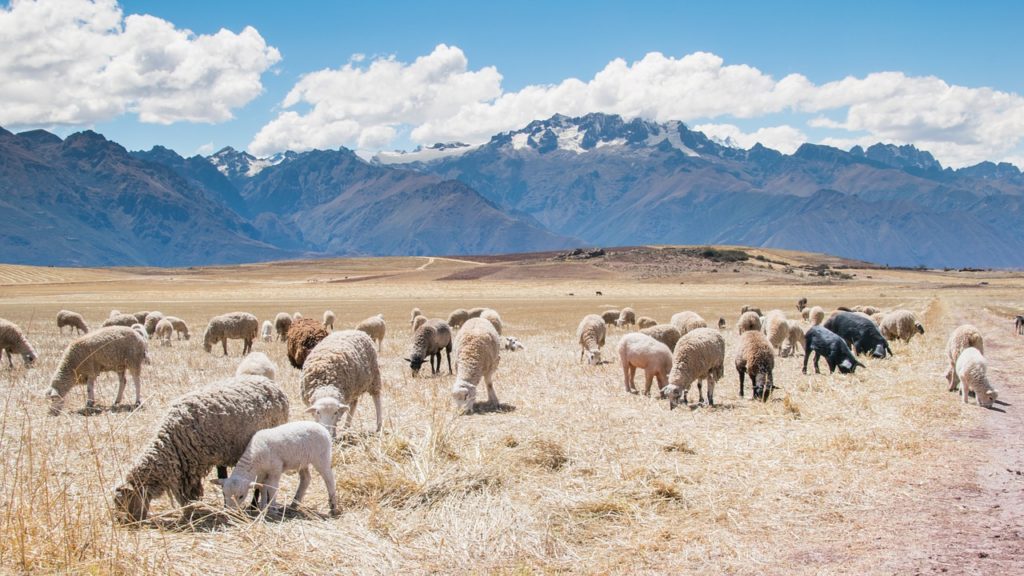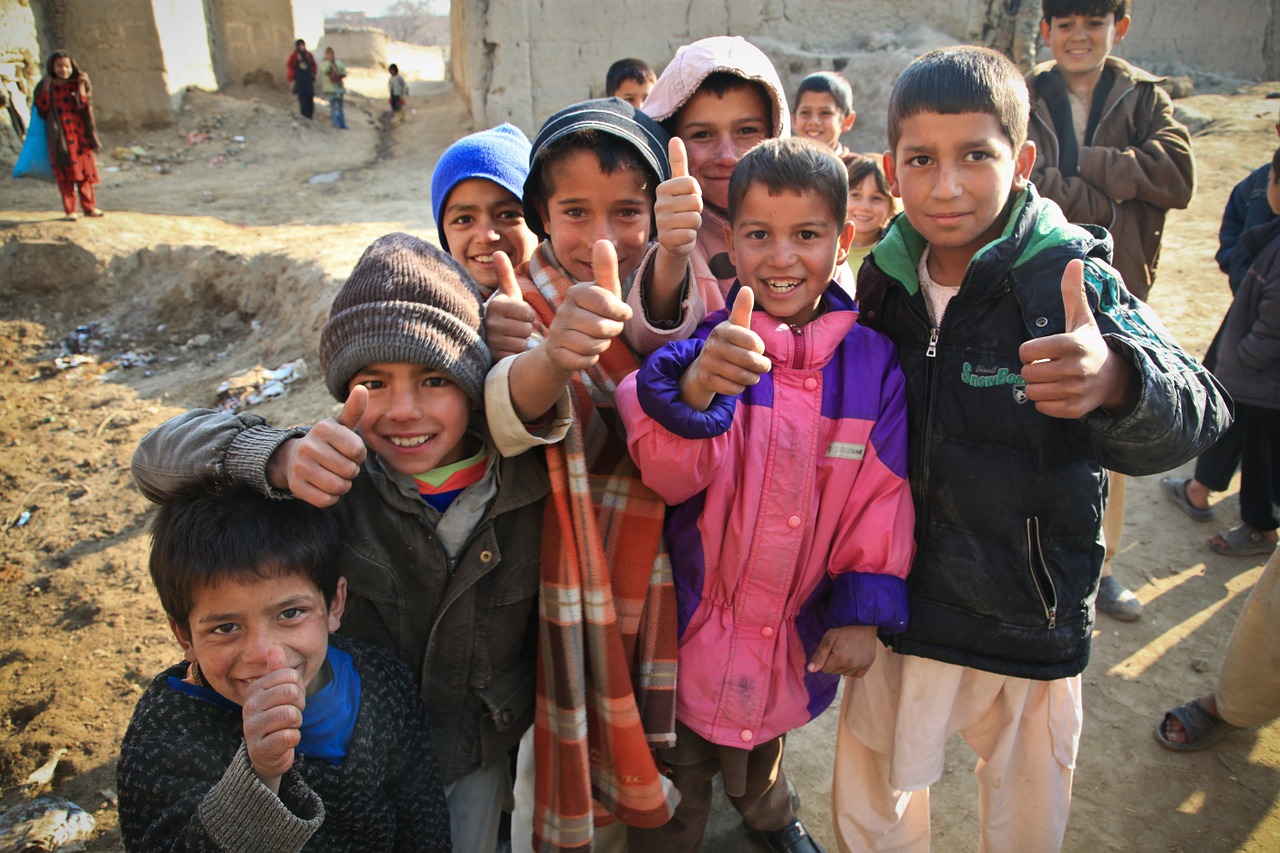Of the numerous charitable organizations working in Afghanistan, many are helping to support a broad range of large-scale initiatives and development goals. Other charities are taking a different approach. Rather than offering wide-ranging development support, these organizations are focusing their efforts on tackling and solving highly targeted problems: issues that may not seem as big or as impressive as reforming the educational system or improving access to health care, but which are still vital to a functional and prosperous Afghan society. Read on to learn about five international organizations that are helping Afghanistan to deal with very specific challenges:
1. Dutch Committee for Afghanistan Livestock Programs
Specific mission: Improving the health and production of Afghan livestock.
The livestock programs of the Dutch Committee for Afghanistan (DCA-VET) are intended to support the roughly 24 million Afghans who live in the countryside and depend on livestock and agriculture for their livelihood. Most rural families keep at least some livestock—cattle, sheep, goats, donkeys, and poultry are the most common animals—but local farmers are often prevented from making the most of their livestock due to rampant animal diseases, an insufficient knowledge of animal husbandry and nutrition, and a lack of good market opportunities for their livestock products. DCA helps farmers to overcome these issues by developing quality veterinary services throughout rural Afghanistan, offering comprehensive extension and outreach programs on animal health, and creating value chains for livestock product processing and trading.

2. The HALO Trust
Specific mission: Landmine clearance and mine risk education.
Afghanistan is one of the most mined countries in the world. An estimated 640,000 land mines have been laid out in Afghanistan since 1979, and the country is littered with unexploded ordnance. As a result, the subsistence of rural communities is threatened in areas where there is a risk of landmine contamination because land cannot be safely used to grow crops or graze animals. In order to address this deadly issue, The HALO Trust has been working in Afghanistan since 1988 on landmine clearance and mine risk education programs. Over the course of the last 30 years, the organization, which employs 2,500 Afghans, has destroyed close to 700,000 emplaced and stockpiled mines, and has helped to clear almost 80% of recorded mine and unexploded ordnance land in Afghanistan.
3. Group for the Environment, Renewable Energy and Solidarity (GERES)
Specific mission: Disseminating energy-efficient techniques.
As a development NGO specializing in sustainable energy and environmental protection, GERES has been working internationally to improve community living conditions while preserving natural resources for more than four decades. In Afghanistan, GERES’ work focuses on facilitating the adoption of energy-efficient techniques in public buildings and income-generating agricultural activities. A large portion of Afghanistan’s population is affected by energy poverty. Only about 6% of Afghans have access to electricity, even intermittently. Consequently, schools are closed for much of the year due to a lack of heating, and hospitals are hampered in their operations by high energy costs. Introducing energy-efficient techniques to these institutions is therefore an important first step in helping them to make the most of the energy that they can access.
4. Terra Institute
Specific mission: Securing equitable access to land.
Based in the United States, Terra Institute is a nonprofit focused on issues related to land tenure, land administration and management, and land policy reform. Throughout its four decades of work all around the world, the organization has strived to help people improve their lives by empowering them to deal with land issues. Such issues are prevalent in Afghanistan, given its large rural population and heavy economic reliance on land-intensive activities such as agriculture and livestock. As part of its work in Afghanistan, Terra Institute has collaborated with a number of partners to design and pilot a community-based method for achieving community consensus around the legitimate users of rangeland and appropriately documenting them.

5. PARSA
Specific mission: Supporting Afghan community leaders.
PARSA believes that it takes dedicated and passionate Afghan community leaders to create a better Afghan society. This is why PARSA is still operating as a grassroots organization after working for more than 20 years in Afghanistan. Unlike many other development organizations, PARSA is directly engaged with the communities that it supports, and it takes cues from community leaders as to what interventions and resources will work best for each community. These inspired leaders then leverage PARSA’s support and guidance to implement programs that will spark positive change for their families and neighbors, and that can evolve organically over time as community needs change. Since PARSA itself receives support from a wide community of small donors, it is able to be highly creative and flexible in its program development without being hampered by the rigid limitations that are often attached to large-scale government and institutional funding.

